Oils ain’t oils!
Many people think that there is no place in a healthy weight loss program for oils and fats however this is incorrect… it is the type of oils and fats in your diet that matters!
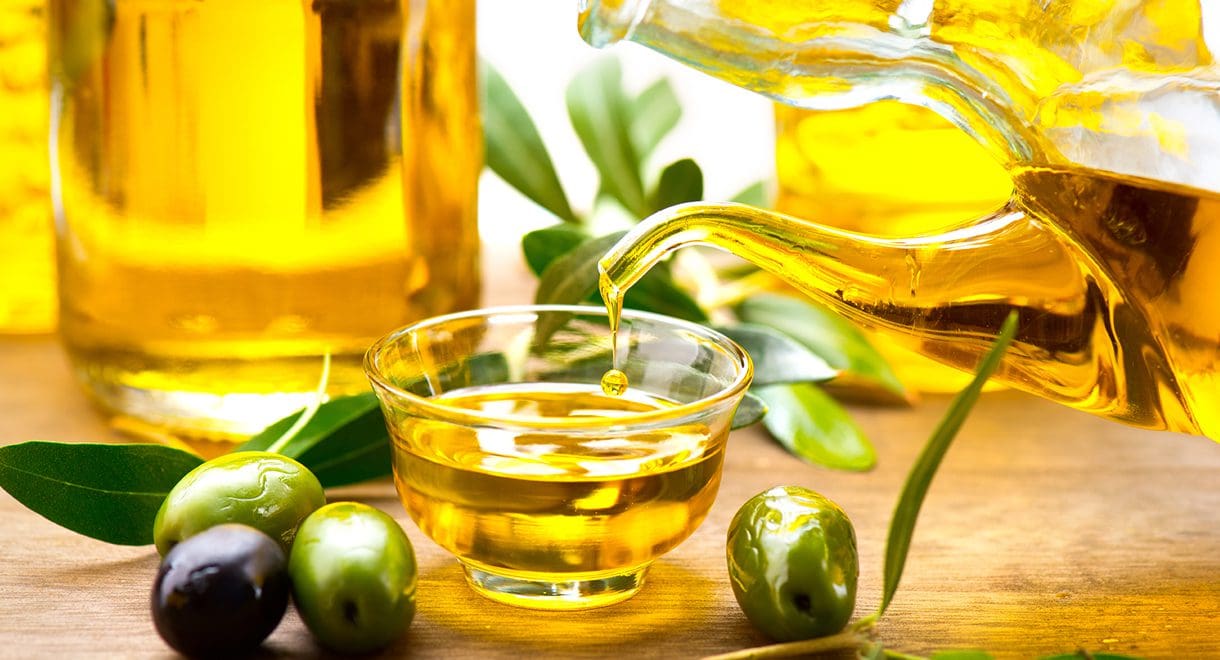

The good
- Cold pressed, unrefined oils are the healthiest – for example, virgin olive oil and macadamia nut oil.
- Coconut oil, olive oil, ghee or organic butter are great for cooking or coating vegetables to be roasted.
- Small quantities of saturated fats – these types of fats come mainly from animal sources of food (e.g. beef or pork fat, cream, cheese or butter) although they are also found in coconut oil and palm oil. Saturated fats raise high-density lipoprotein (HDL) which is good, however they also raise total blood cholesterol levels and low-density lipoprotein (LDL) cholesterol levels which are not so good! Grains are the biggest source of saturated fat in the average person’s diet because the liver converts carbs to saturated fat. Foods that contain saturated fat usually contain vitamins A and D. Coconut oil is high in saturated fat and that’s a great thing.
- Salad dressings can be made with cold pressed olive, avocado or macadamia oil or organic coconut oil, and fresh lime/lemon juice or vinegar. Fresh chopped herbs and iodised sea salt and black pepper can be added for extra health benefits. Make this delicious salad dressing fresh or you can make it in advance and store it in jars.
- Also include omega 3 fats from oily fish (sardines, mackerel, salmon, anchovies, etc.), or fish oil supplements of flax seeds, chia seeds, walnuts and pecans.
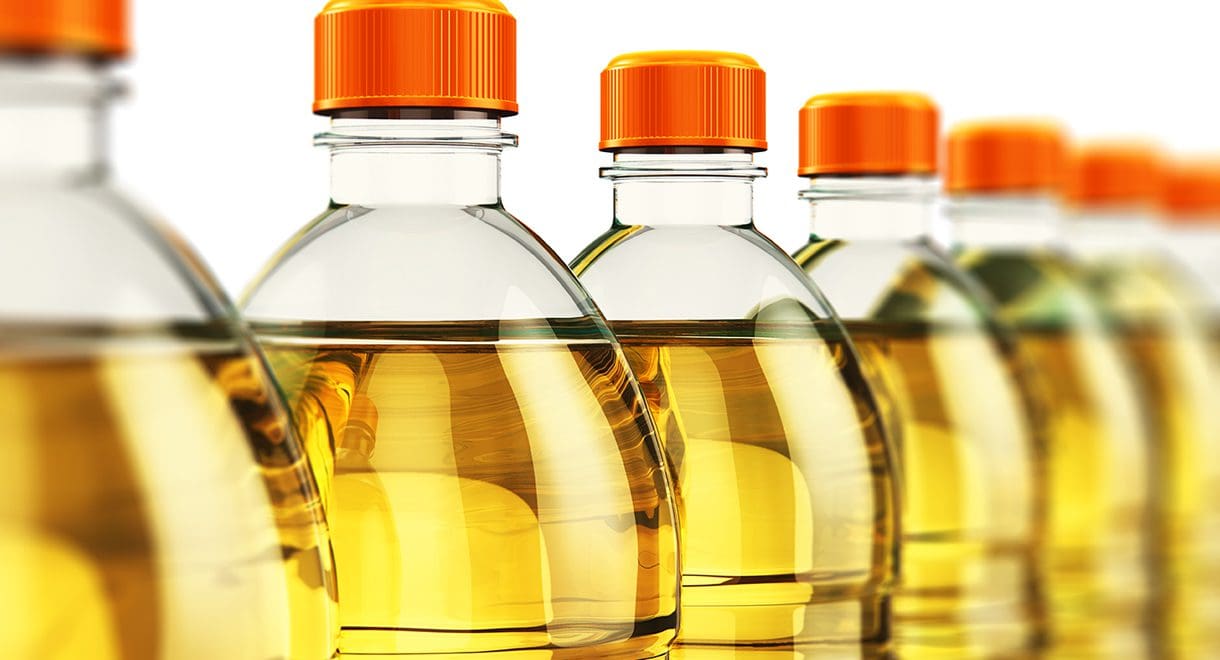

The bad
Watch out for these bad fats:
- Trans fat occurs naturally in some foods, especially foods from animals, however most trans fats are made during food processing. These artificial fats are produced when hydrogen gas reacts with oil and this process creates fats that are easier to cook with and less likely to spoil. These trans fats are called industrial or synthetic trans fats and they will now extend the shelf life of food and give a creamier feel to the products it is put (think of microwave popcorn,margarine, biscuits, chips, cakes and pies!) Studies show that synthetic trans fat can increase unhealthy LDL cholesterol and lower healthy high-density lipoprotein (HDL) cholesterol thereby increasing your risk of cardiovascular disease.
- Most vegetable oil sold for cooking, margarine and vegetable oil listed as an ingredient in packaged foods should be avoided because it is usually high in polyunsaturated fats. These fats generally promote inflammation in the body.
More information on refined/hydrogenated vegetable oils
Refined vegetable oil and most margarines are highly processed, toxic additions to any diet! Most people are not aware of how vegetable oil is manufactured, or that butter is a much healthier alternative to margarine.
Oils are extracted from seeds and nuts with the use of heat and/or chemical solvents; they are then degummed, refined, bleached and deodorised. The resultant oil is colourless, odourless and tasteless.
The manufacture of cooking oil involves the following processes:
- The addition of NaOH (sodium hydroxide) to remove the alkali-soluble minor ingredients from the oil. The minor ingredients have health benefits, but diminish the shelf life of the oil; therefore they are discarded. Incidentally, NaOH is a corrosive chemical used to burn clogged sinks and drain pipes open.
- H3PO4 (phosphoric acid) is added to remove the acid-soluble minor ingredients. These also have health benefits, yet would lead to faster spoilage if left inside. H3PO4 is a corrosive acid used commercially to degrease windows.
- Bleaching clays are used to obtain greater shelf stability. The clays damage the molecules that give oil its colour. Colour absorbs light, and the light would lead to a faster deterioration of the oil. Bleaching makes the oil rancid, which gives it a bad odour and flavour.
- Consequently, the oil is then deodorised. This takes place at frying temperatures (220 – 245ºC). The resultant oil is colourless, odourless and tasteless; and because it is made of vegetables, is promoted as healthy. How many fast food outlets have you seen with a big sign proclaiming “We use 100% vegetable oil for cooking” or “Our oil is 100% cholesterol free”? Now you know that this makes the foods cooked in this oil far from healthy.
Here are some of the minor ingredients removed from the oil during manufacture because it is not profitable to leave them in:
- Antioxidants including vitamin E and carotenes
- Lecithin; which emulsifies oil and makes it easier to digest
- Phytosterols; which have cardiovascular and immune benefits
- Chlorophyll; which has a blood purifying effect, and is high in magnesium
If you purchase these oils, then use them at home for frying; the light, oxygen and heat further damage the oil. The essential fatty acids once present in the oil are long gone. This means they offer no healthy benefits and can be harmful.
Which oils are healthy?
When purchasing oil, it must state on the label that it is unrefined or cold pressed. Extra virgin olive oil is unrefined; it is cold pressed (extracted without the use of heat), and still contains the minor ingredients with health-giving properties.
You will notice that this oil is thicker and a darker colour. A good quality brand will be in a dark glass bottle; protecting it from the damaging effects of light.
“Lite” olive oil is no lower in fat or calories than the original; it is lighter in colour because it has been refined.
When using oil, it is best added to food once it has already been cooked. However, small amounts of olive oil, butter and unrefined coconut fat can be used for cooking, because they are fairly heat stable.
Cold pressed flaxseed oil, macadamia oil or walnut oil can be used, but they must never be heated.
Margarine – the same oil, damaged even further!
In most cases, margarine manufacture involves the hydrogenation, or partial hydrogenation of vegetable oil. The oil is treated with hydrogen gas at high temperatures; it is artificially saturated with hydrogen atoms. This makes the product harder and spreadable.
Hydrogenation of vegetable oil alters the configuration of the fatty acids from the natural cis, to the trans form. Trans fatty acids are foreign to the body. The liver certainly doesn’t know what to do with them. They have been linked to the development of fatty liver, raises LDL (bad) cholesterol, cardiovascular disease and cancer.


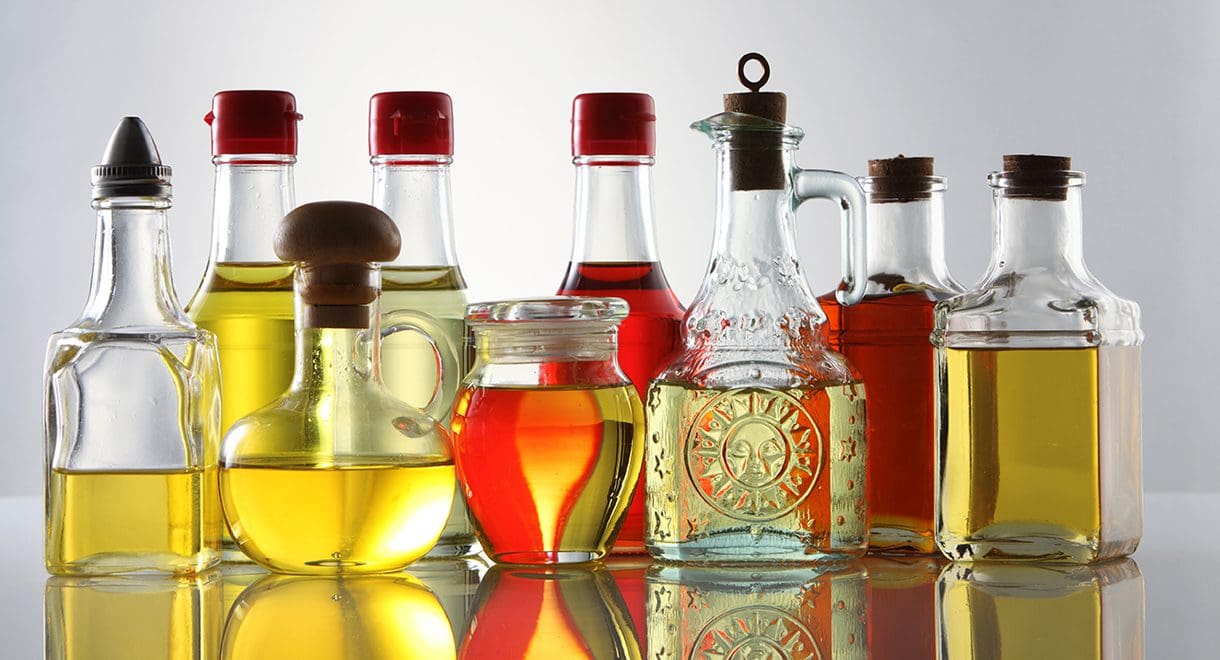

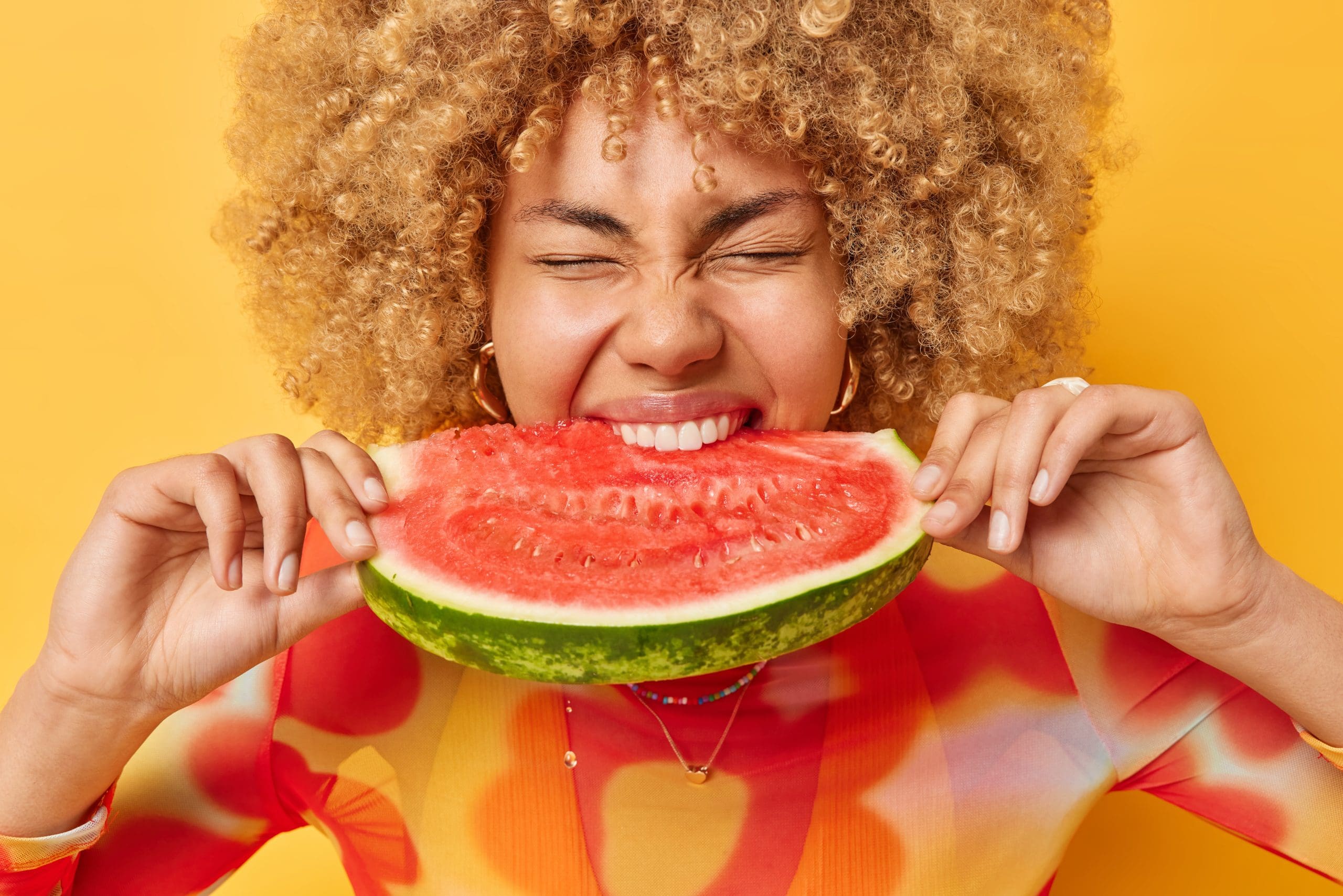
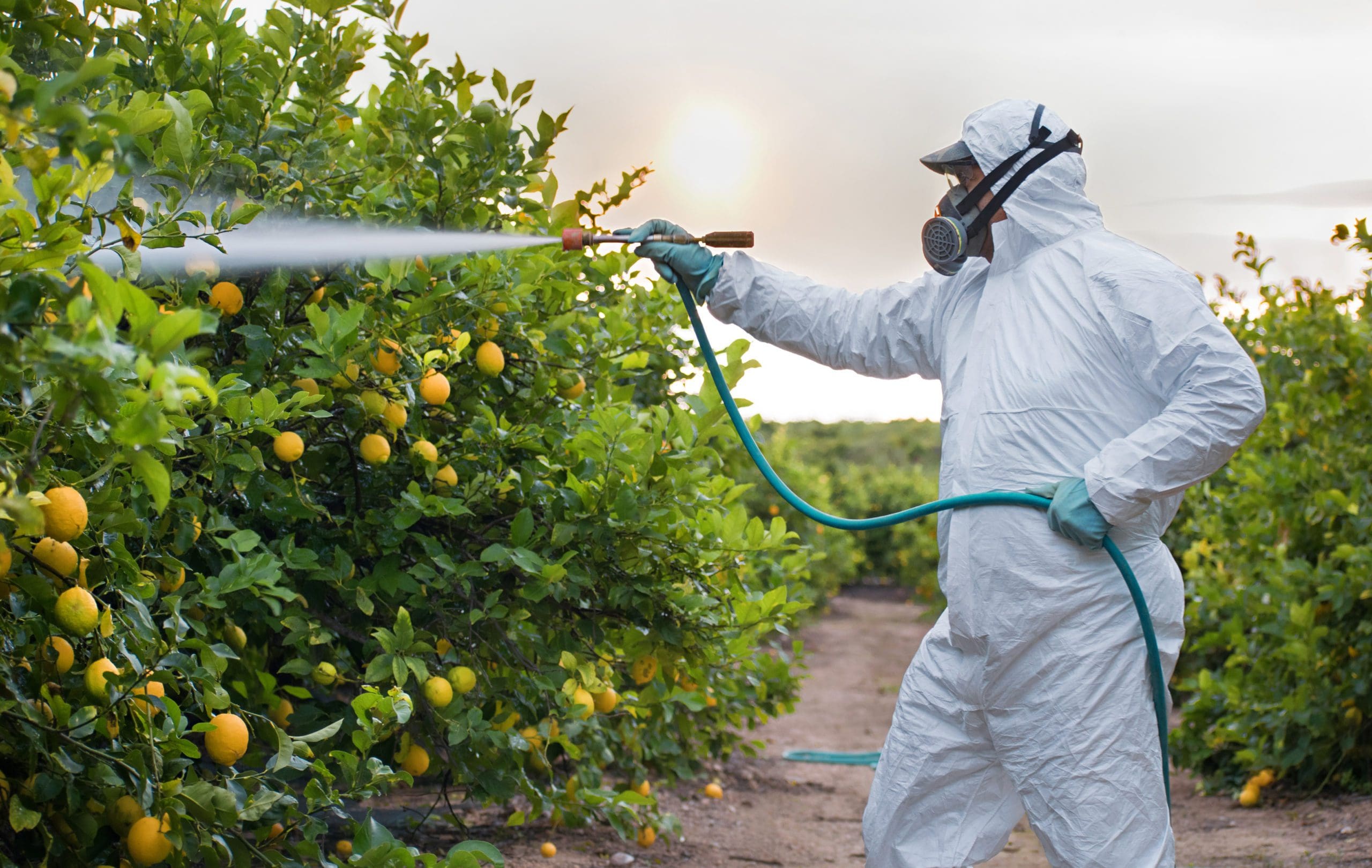
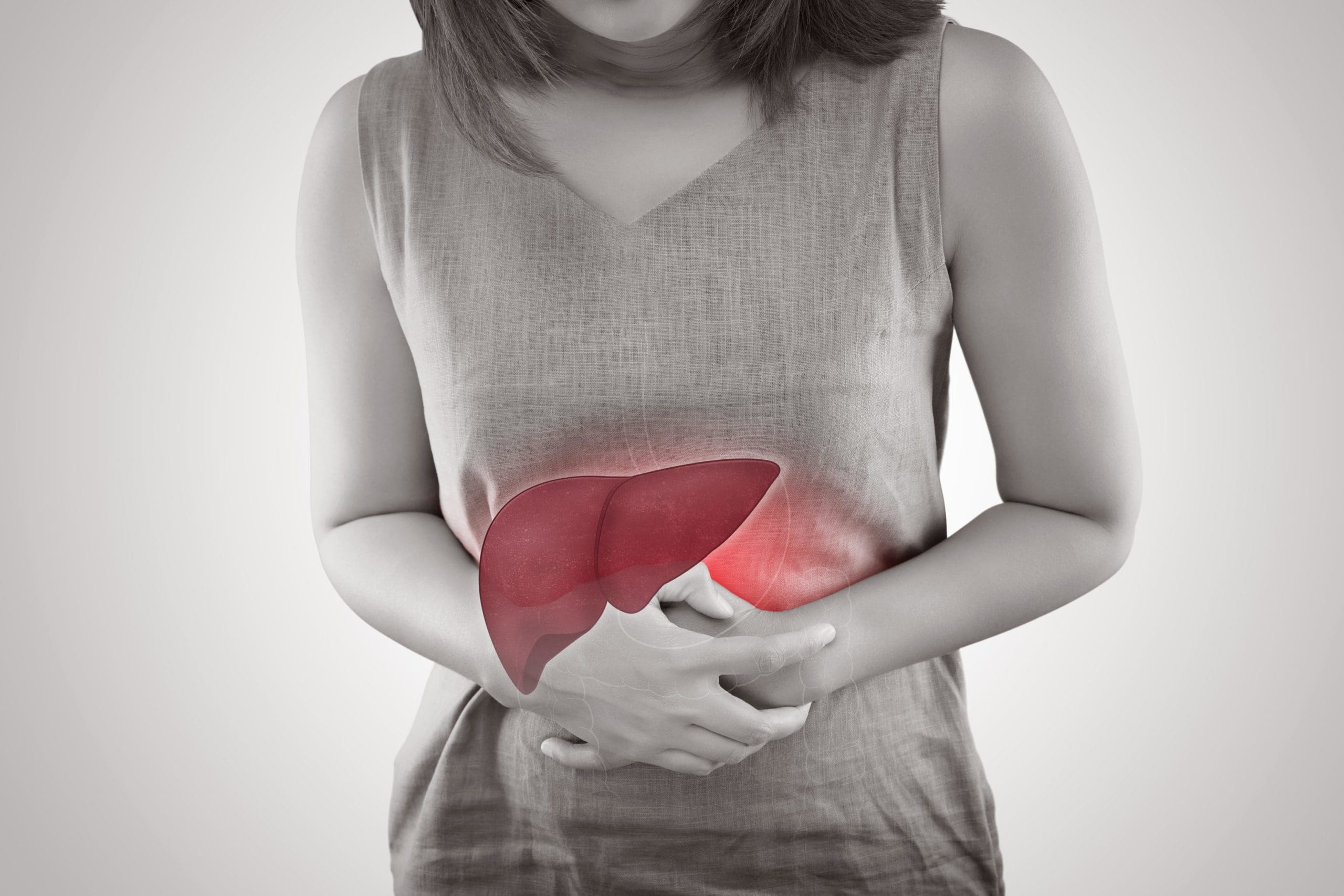
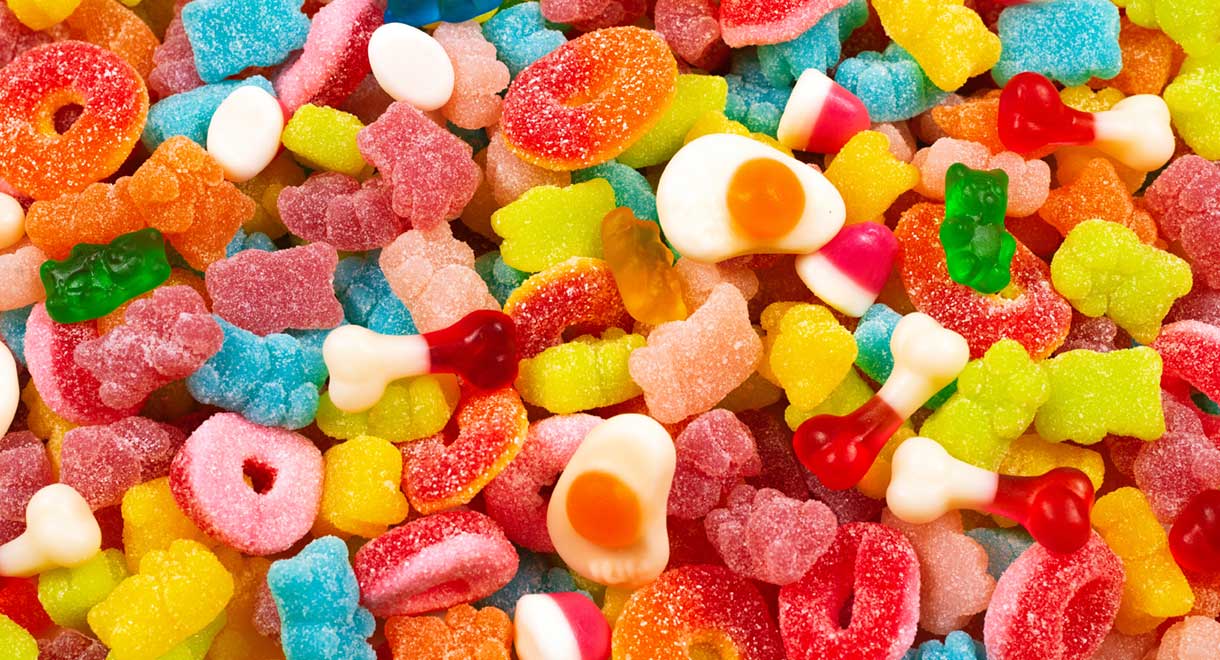

Thanks so much for the information